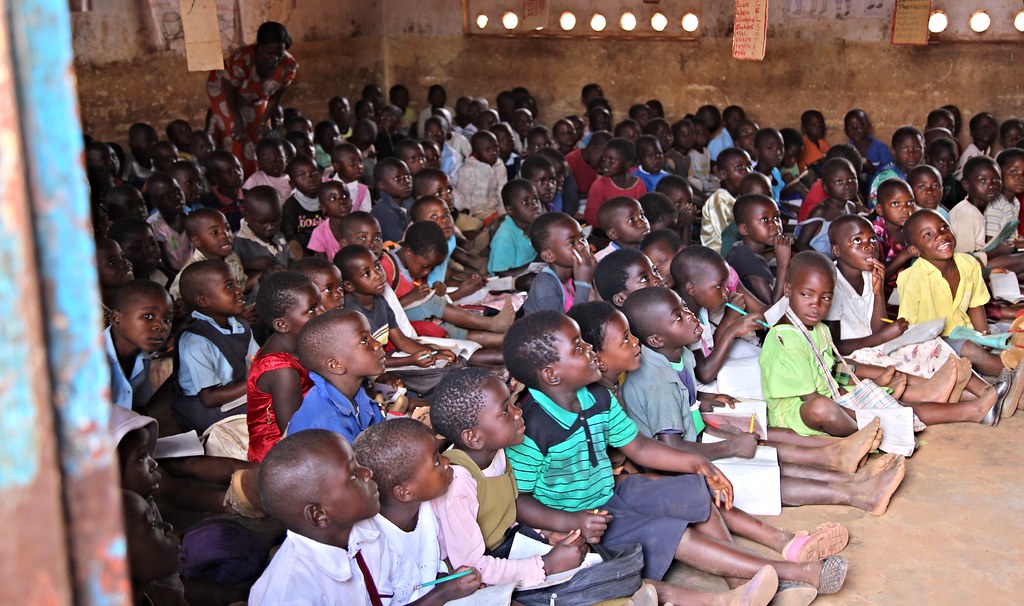World Bank approves US$230M funding to help Niger improve education system

The World Bank’s Board of Executive Directors today approved US$230 million in additional financing for the Niger Learning Improvement for Results in Education Project (LIRE), which aims to help the government of Niger improve access to education; quality of teaching and learning environments; and strengthen education planning and management in Niger.
Niger's education system is evolving in a context marked by heavy demographic pressure, limited resources, and risks of major vulnerabilities. Despite recent progress, improving access and learning outcomes remains a significant challenge. For example, temporary school structures built with straw reduce learning time and overall school attendance as they are dismantled during the rainy season or are at risk of catching fire during the dry season. This severely affects the coverage and completion of universal primary education, with low enrollment rates and high drop-out rates. In addition, security issues amplify disparities in access to education with schools closing in areas where insecurity persists, such as in the Tillaberi region where over 900 schools were closed according to the government as of early June 2023.
"Teaching children in classrooms with extreme conditions hinders their learning," says Han Fraeters, World Bank Country Manager for Niger. "It is imperative to provide Nigerien girls and boys with suitable learning environments. This will enable them to benefit from quality education and contribute to building a better Niger."
The additional financing will help address the country’s education challenges over the next six years by focusing on building permanent classrooms and promoting girls' access to quality education through the construction of boarding schools for girls.
"This funding will deepen and broaden the impact of the LIRE project by reinforcing successful activities while introducing new initiatives to enhance the overall quality of learning, " says Waly Wane, World Bank Education Practice Manager for West and Central Africa. "It will strengthen the project's overall development impact by financing the construction of schools across the country, piloting girls' boarding schools to increase access and retention rates, and improve learning outcomes. "
The additional funding is from the International Development Association (IDA)* and is in line with the Policy Statement of Niger through its axis three devoted to human capital development. Additionally, it aligns with Sustainable Development Goal 4 (Ensure inclusive, quality education for all and promote lifelong learning). The Sahel White Paper also emphasizes the importance of increasing equitable access to high-quality education, especially among girls. Moreover, the funding supports the World Bank’s country strategy and ongoing technical and financial support to the education sector in Niger.
- READ MORE ON:
- World Bank
- Niger










